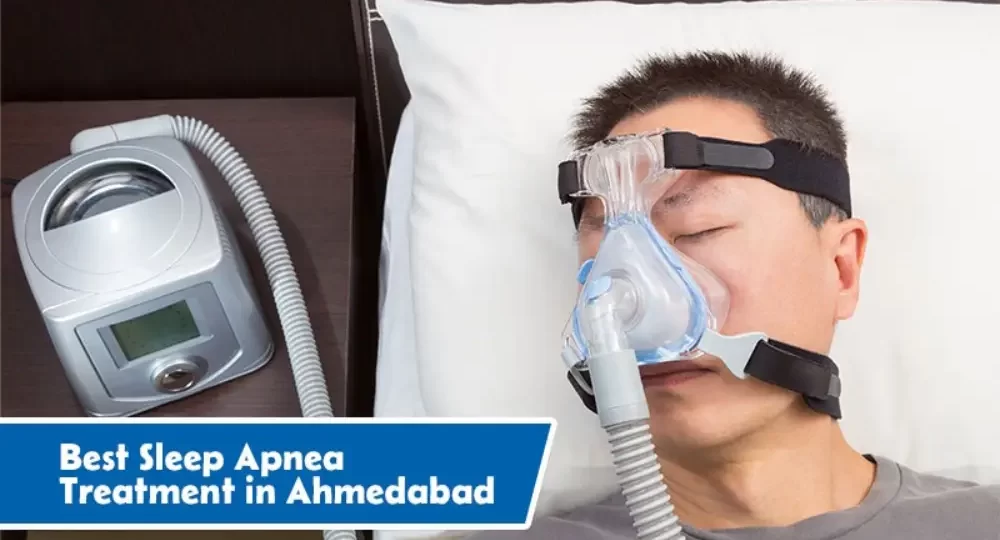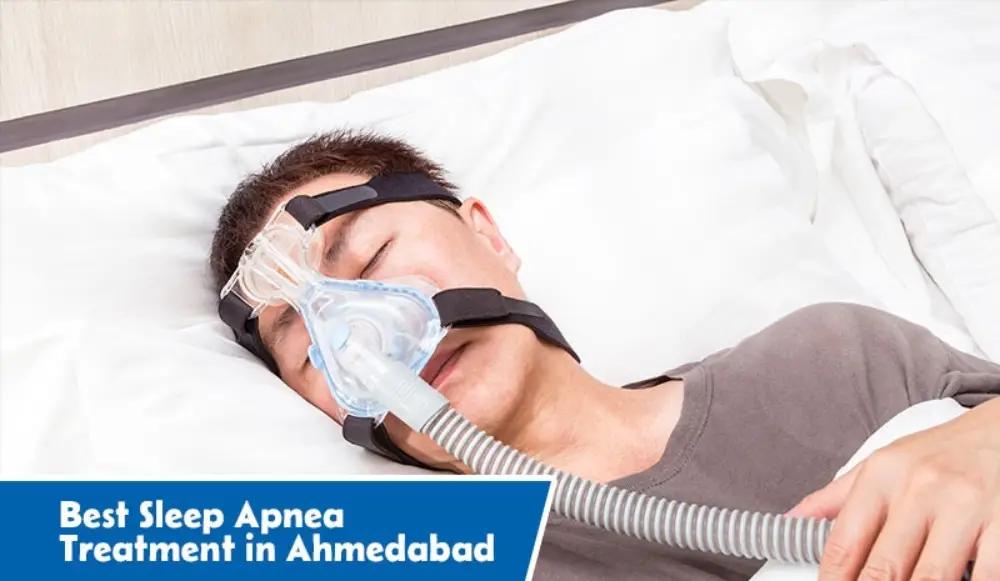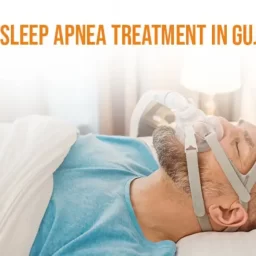
It is a sleep disorder accompanied by repeated interruptions of breathing during sleep. They can be as short as a few seconds or even minute long and, in most cases, occur repeatedly per hour, disrupting the sleep cycle and health. There are two main types of sleep apnea:
Obstructive Sleep Apnea (OSA): This is due to the blockage of the airways. It is mostly because of the relaxation of the muscles in the throat.
Central Sleep Apnea (CSA): It occurs when the brain cannot transmit appropriate signals to its own muscles which in turn regulate respiration.
How Does Sleep Apnea Affect Health?
Physical Health Risks:
- Heart Disease: Lack of oxygen will increase the risk to hypertension, arrhythmias, and heart attacks in the absence of treatment; the body’s oxygen supplies are deprived and the pressure on the cardiovascular system is considerable.
- Stroke: Continued lowered oxygen may also increase stroke risk.
- Diabetes: Sleep apnea can interfere with glucose metabolism, resulting in a heightened risk to Type 2 diabetes.
- Obesity: Lack of sleep promotes obesity, and obesity promotes sleep apnea.
Psychological Effects
- Fatigue and Daytime Sleepiness: Poor-quality sleep leads to chronic fatigue and reduces productivity.
- Cognitive Impairment: Impaired memory, focus, and decision-making are common.
- Mood Disorders: Increased risk of anxiety, depression, and irritability.
![Best Sleep Apnea Treatment in Ahmedabad]() Identify Symptoms and Causes
Identify Symptoms and Causes
Common Symptoms
- Loud snoring, usually reported by a bed partner.
- Breathing pauses during sleep.
- Waking up choking or gasping.
- Excessive daytime sleepiness for an appropriate period of sleep.
- Headaches upon waking or dry mouth.
Important Risk Factors
- Being obese or overweight.
- Having a large neck size.
- Family history of sleep apnea.
- Smoking, alcohol consumption, or sedative drugs.
- Nasal congestion or other anatomical defects.
Diagnosis and Why It’s So Important
Early diagnosis of sleep apnea can prevent serious health complications. Tests include:
- Polysomnography (Sleep Study): A comprehensive test conducted at sleep centers to monitor breathing patterns, oxygen levels, and brain activity.
- Home Sleep Tests: Simplified monitoring devices for use in the comfort of your home.
Treatment Options in Ahmedabad
CPAP Machines (Continuous Positive Airway Pressure)
The main treatment for obstructive sleep apnea, CPAP ensures that the airways stay open with constant airflow by a mask.
Alternatives to CPAP
- Oral Appliances: Customized appliances that reposition the jaw to keep airways open.
- Surgery: In the case of very severe structural obstructions, procedures such as uvulopalatopharyngoplasty (UPPP) or maxillomandibular advancement may be advised.
Lifestyle Changes
- Weight loss for reducing the blockages inside the airways.
- Abstinence from alcohol, smoking, and sedatives.
- Good sleep hygiene.
Ahmedabad Sleep Disorder Clinics
Ahmedabad has some of the well-known sleep disorder clinics and pulmonology specialists who have the most advanced care, including sleep studies and customized treatment plans.


 Identify Symptoms and Causes
Identify Symptoms and Causes
